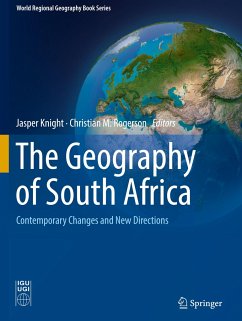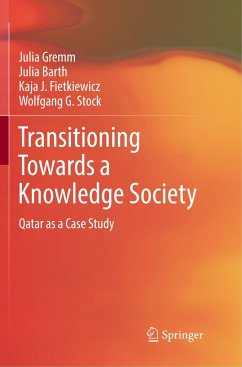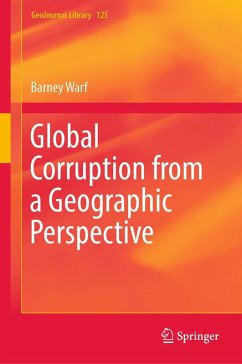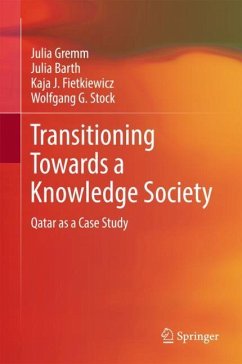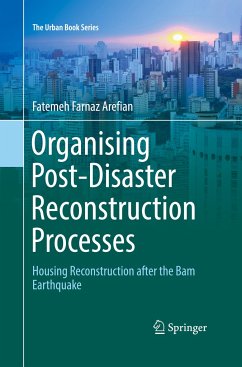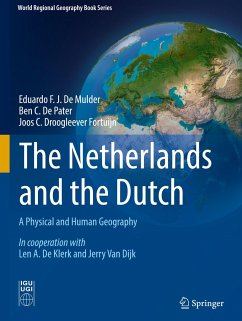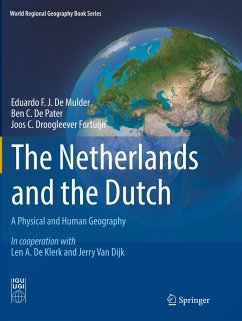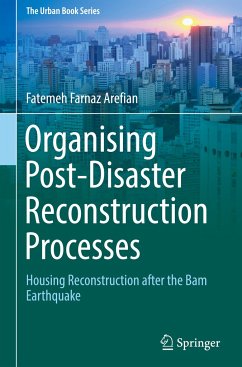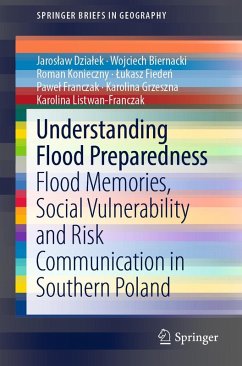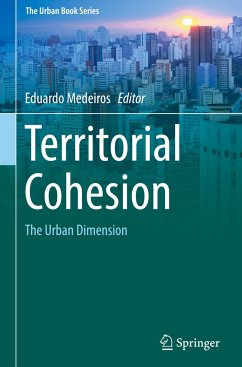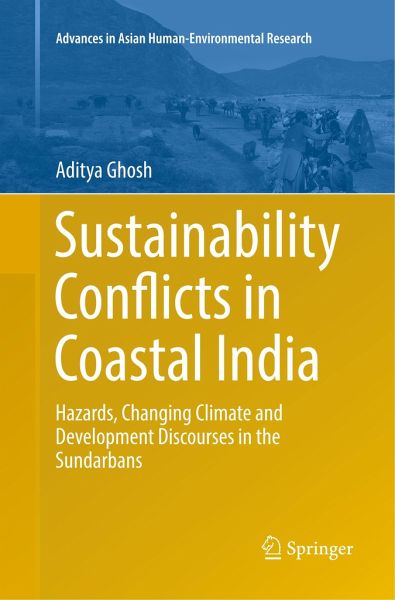
Sustainability Conflicts in Coastal India
Hazards, Changing Climate and Development Discourses in the Sundarbans
Versandkostenfrei!
Versandfertig in 6-10 Tagen
76,99 €
inkl. MwSt.
Weitere Ausgaben:

PAYBACK Punkte
38 °P sammeln!
This multidisciplinary work analyses challenges to sustainable development amidst rapidly changing climate in the world's largest delta - the Sundarbans. Empirical evidence unpacks grounded vulnerabilities and reveals their temporal socio-economic impacts. A novel concept of 'everyday disasters' is proposed - supported by data and photographic evidence - that contests institutional disaster definition. Then it uncovers how the geopolitics of ecological governance and its hegemonic discourse dominate local policies, which in turn fail to address local socio-ecological concerns, adaptation needs...
This multidisciplinary work analyses challenges to sustainable development amidst rapidly changing climate in the world's largest delta - the Sundarbans. Empirical evidence unpacks grounded vulnerabilities and reveals their temporal socio-economic impacts. A novel concept of 'everyday disasters' is proposed - supported by data and photographic evidence - that contests institutional disaster definition. Then it uncovers how the geopolitics of ecological governance and its hegemonic discourse dominate local policies, which in turn fail to address local socio-ecological concerns, adaptation needs and development aspirations. Absence of local vocabularies, cognitive values and socio-cultural contexts along with spatially constricted, exclusionary, top-down techno-science approaches further escalate knowledge-action gaps. Deconstruction of multiscalar conflicts between the global rhetoric and transformative postcolonial geographies offers an ethical, Southern perspective of sustainability.



